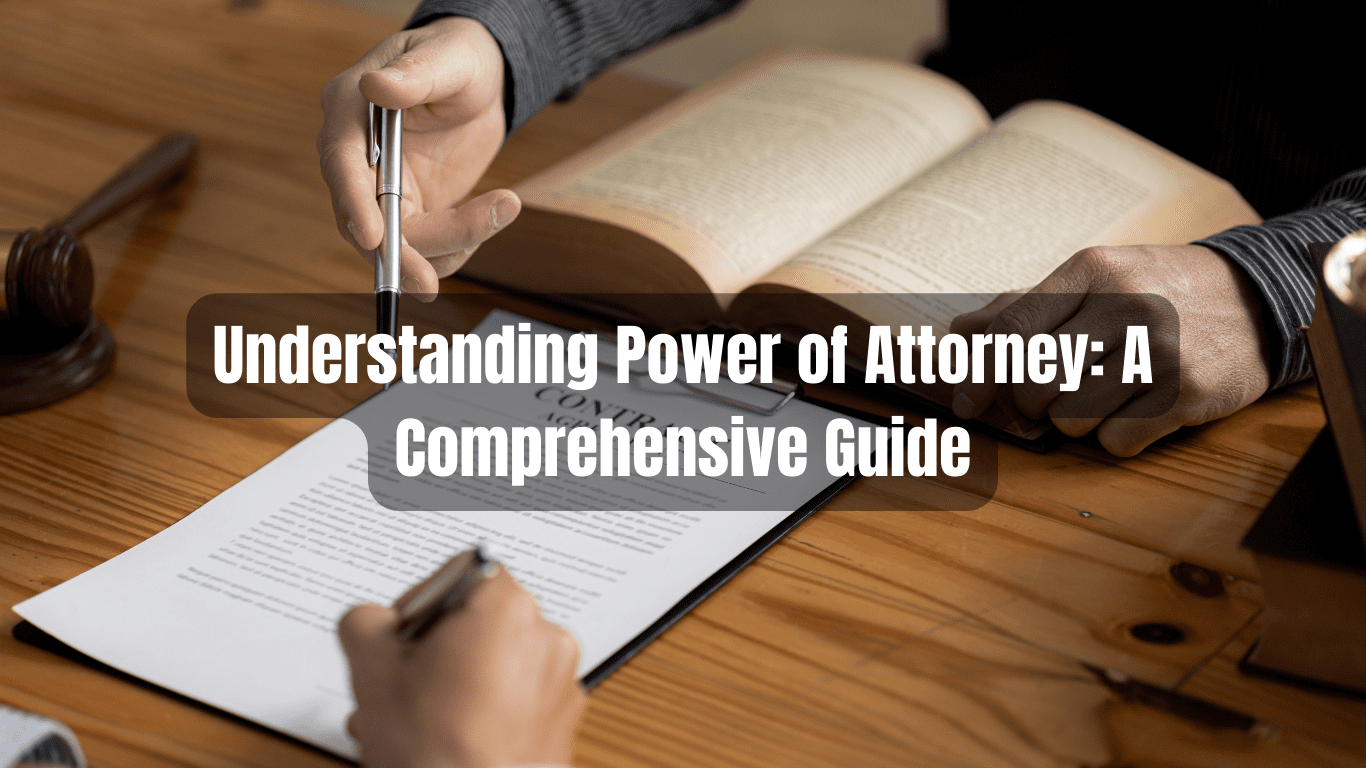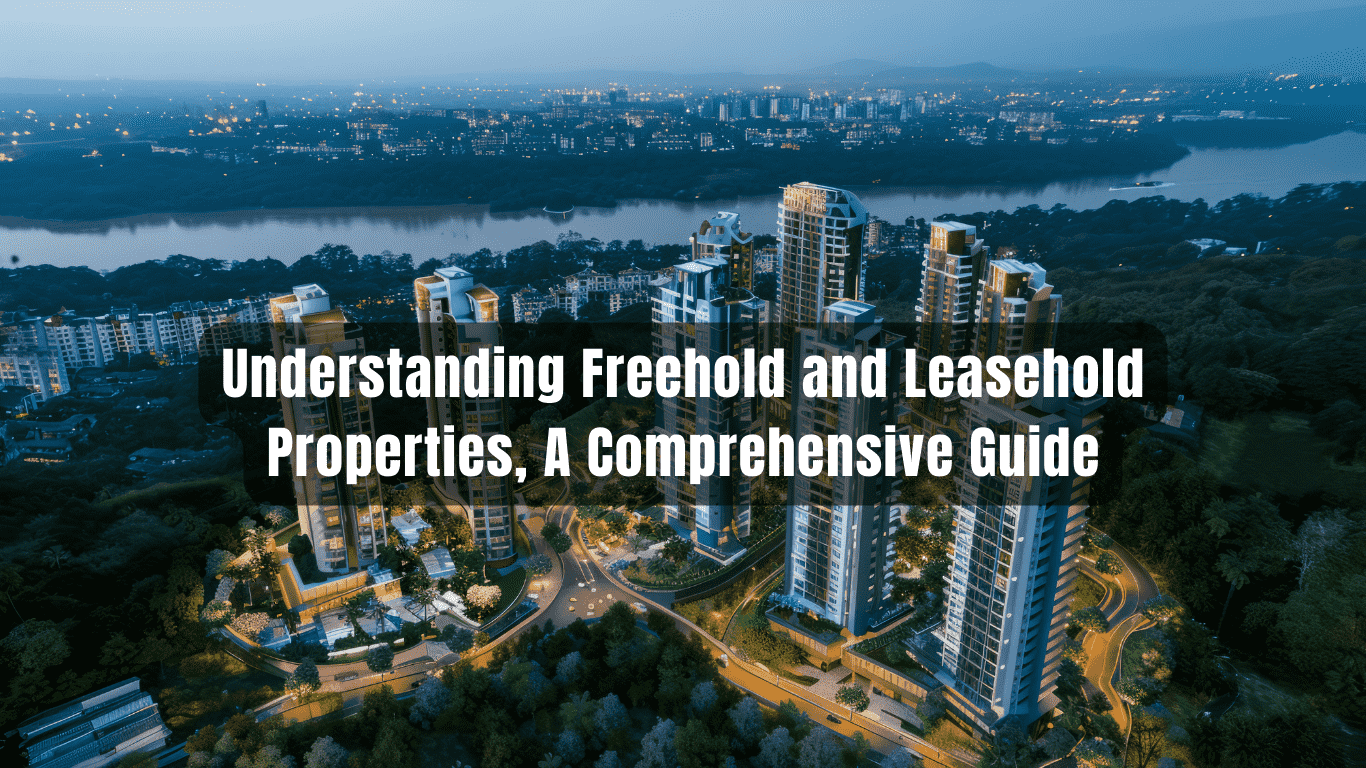A lease grants exclusive possession and a legal interest in a property for a set term, often with strong legal protections. A license provides permission to use the property without exclusive possession, usually for short-term and flexible arrangements.

Understanding Lease Agreements
A lease agreement is a contract that grants the lessee (tenant) the right to use a property owned by the lessor (landlord) for a specified period in exchange for rent. This agreement creates a legal interest in the property, providing the lessee with exclusive possession.
Key Characteristics of a Lease:
Exclusive Possession: The lessee has the right to exclude others, including the landlord, from the property.
Fixed Term: Leases are typically for a set period, which can range from months to several years.
Transferability: Leases can often be transferred or assigned to another party, depending on the lease terms.
Legal Interest: A lease creates a legal interest in the property, making the tenant a legal possessor.
Rent: Recurring payments, usually made monthly, from the lessee to the lessor.
Understanding License Agreements
A license agreement grants permission to the licensee to use the property without conferring exclusive possession. It is more of a personal right or privilege rather than a legal interest in the property.
Key Characteristics of a License:
No Exclusive Possession: The licensor retains control and can enter the property at any time.
Short-Term and Flexible: Licenses are usually for a short duration and can be more easily modified or terminated.
Non-Transferable: Licenses are generally not transferable unless expressly stated.
Personal Right: It does not establish any ownership or legal interest in the property.
Permission-Based: Use of the property is conditional upon the licensor’s permission.
Key Differences Between Lease and License Agreements
Understanding the core differences between a lease and a license is essential to choosing the right agreement. Here are eight key points:
Legal Interest vs. Personal Right:
Lease: Grants a legal interest in the property.
License: Provides a personal right to use the property.
Exclusive Possession:
Lease: Provides exclusive possession to the tenant.
License: Does not provide exclusive possession; the owner retains control.
Transferability:
Lease: Can often be assigned or sublet.
License: Generally non-transferable.
Duration and Termination:
Lease: Usually for a fixed term and harder to terminate.
License: Typically short-term and easier to terminate.
Legal Protection:
Lease: Tenants have stronger legal protection and rights.
License: Licensees have limited legal protections.
Rent vs. Fee:
Lease: Involves regular rent payments.
License: Involves a fee or charge for use, which may not be regular.
Dispute Resolution:
Lease: Disputes often resolved in courts with extensive tenant rights.
License: Disputes may be simpler and resolved faster, often with fewer formalities.
Impact on Property Use:
Lease: The tenant can often make changes or improvements.
License: Licensees typically cannot make changes without permission.
Practical Tips for Choosing Between Lease and License Agreements
Choosing between a lease and a license depends on your specific needs and circumstances. Here are some practical tips to guide your decision.
Assess the Duration of Use:
If you need the property for a long-term period, a lease might be more suitable. For short-term or flexible use, consider a license.
Consider the Level of Control Needed:
If you require exclusive control over the property, opt for a lease. If shared use is acceptable, a license will suffice.
Evaluate Legal Protections:
Leases provide more robust legal protections for tenants, which can be vital for both residential and commercial properties.
Flexibility Requirements:
For businesses that may need to move frequently or adjust their usage, licenses provide greater flexibility.
Check the Transferability:
If you plan to sublet or assign the property, a lease agreement is necessary as licenses are generally non-transferable.
Cost Implications:
Understand the cost structure of both agreements. Leases typically involve regular rent, while licenses might have varying fees.
Property Modifications:
If you need to make significant modifications or improvements, a lease is preferable as it allows for more autonomy.
Dispute Resolution Preferences:
Consider how disputes will be handled. Leases often involve more formal legal processes, while licenses can offer quicker resolutions.
Conclusion
Understanding the differences between a lease and a license is crucial for making an informed decision that best suits your needs. A lease offers long-term stability, exclusive possession, and legal protection, making it ideal for long-term residential or commercial use. Conversely, a license provides flexibility, ease of termination, and less legal complexity, suitable for short-term or shared use arrangements.
Carefully consider your requirements, duration of use, level of control, and legal protections needed before choosing between a lease and a license.
FAQs
1. What is the main difference between a lease and a license?
The main difference is that a lease grants exclusive possession and a legal interest in the property, while a license grants only a personal right to use the property without exclusive possession.
2. Can a lease be terminated easily?
Leases are generally for a fixed term and cannot be terminated easily without legal consequences, unlike licenses which can often be terminated with less formality.
3. Is a license transferable?
Licenses are generally non-transferable unless explicitly stated in the agreement, whereas leases can often be transferred or sublet.
4. Which type of agreement is more suitable for short-term use?
For short-term use, a license is usually more appropriate due to its flexibility and ease of termination.
5. Do leases offer more legal protection than licenses?
Yes, leases offer more legal protection and rights to the tenant compared to licenses, which provide limited protections.
6. Can I make changes to the property under a license agreement?
Typically, license agreements do not allow for significant changes or improvements to the property without the licensor’s permission.


































.png)
-min.png)
-min.png)
-min.png)
-min.png)







.png)









